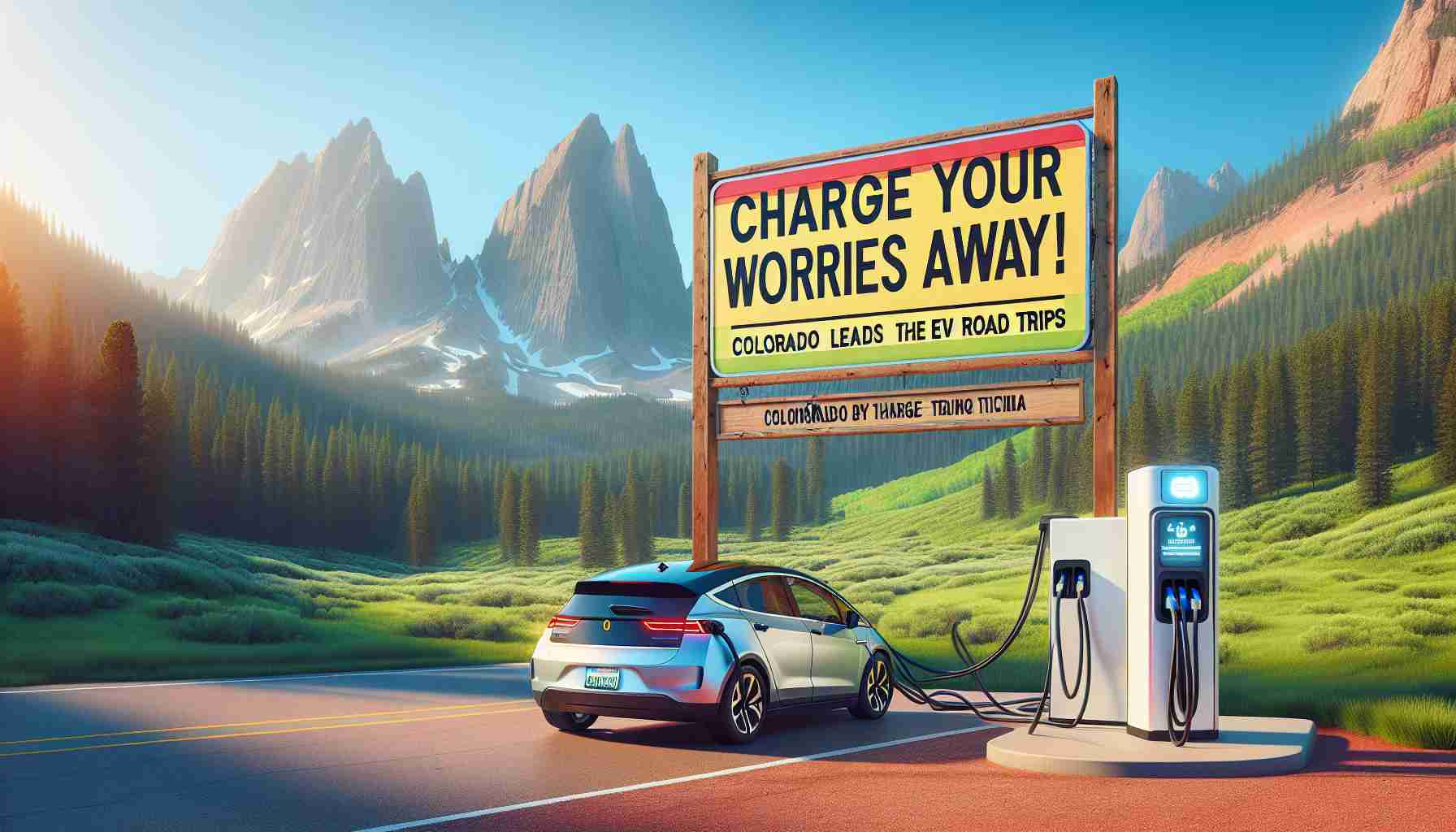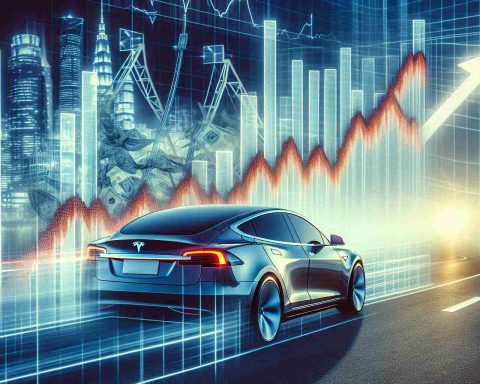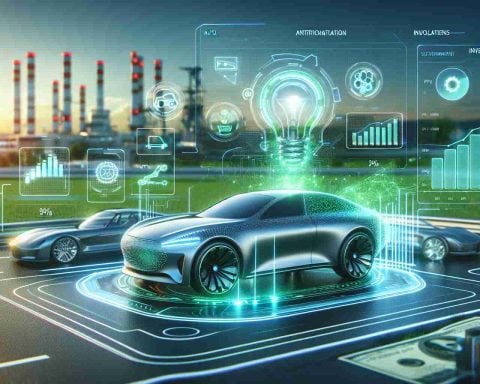Colorado Makes Long-Distance Electric Travel a Reality
As concerns linger over the practicality of electric vehicles (EVs) for extended road trips, Colorado is stepping up to address these issues head-on. Recently, Governor Jared Polis, along with key officials from the Colorado Energy Office and ChargePoint, celebrated the opening of a new fast charging station in Wheat Ridge, located in the parking lot of a Target store. This station is part of a larger initiative that has successfully installed over 1,100 fast chargers across the state.
The innovative project, known as the “EV Fast Charging Corridors program,” was made possible through a combination of $10 million in state funds and an additional $2 million in private and local contributions. The initiative has brought 33 new charging stations to life, strategically positioned to enhance EV travel between various regions of Colorado.
Recent reports indicate that around 80% of Colorado’s interstate highways are now just a short 30-minute drive from a fast charger, significantly easing travel anxiety for electric vehicle owners. With nearly 6,000 charging stations, Colorado ranks eighth in the nation for charging infrastructure.
In a noteworthy shift, the share of electric vehicles in new car sales in Colorado has skyrocketed from a mere 2% to an impressive 25.3% in the third quarter of 2024, now surpassing California’s figures to claim the top spot nationally. This remarkable growth reflects the state’s commitment to advancing sustainable transportation and making long-distance electric travel feasible for all.
Empowering Electric Travel: Colorado’s Surge in EV Infrastructure
Colorado’s Electric Vehicle Infrastructure Expansion
As the electric vehicle (EV) market evolves, one state stands out for its progressive approach to long-distance electric travel—Colorado. With a robust fast-charging network and a significant increase in EV sales, Colorado is paving the way for eco-conscious travelers. This article explores the features, benefits, and implications of Colorado’s commitment to electrifying travel, along with the current trends in EV usage.
Key Features of Colorado’s EV Infrastructure
1. Extensive Charging Network: Colorado has installed over 1,100 fast chargers across the state through its EV Fast Charging Corridors program. This initiative has ensured that approximately 80% of the interstate highways are within a 30-minute radius of a fast charger, significantly reducing range anxiety for EV drivers.
2. Strategic Locations: Charging stations are strategically placed in high-traffic areas, such as the newly opened station in Wheat Ridge at a Target store. These convenient locations help integrate electric charging into everyday life.
3. Funding and Support: The project benefitted from $10 million in state funds, along with $2 million from private and local contributions. This collaborative funding model reflects the commitment of both the government and private sectors to foster sustainable transportation.
Market Trends and Insights
– Rising EV Sales: From just 2% of new car sales in 2020, electric vehicles now account for 25.3% of new vehicle sales in Colorado, marking an unprecedented growth trend. This surge positions Colorado as the leader in the U.S. EV market, surpassing California and highlighting a shift in consumer preferences towards sustainable options.
– Environmental Impact: Increased adoption of EVs aligns with Colorado’s goals for reducing carbon emissions and promoting cleaner air. With more EVs on the road, the state is contributing to a significant decrease in greenhouse gas emissions.
– Future Predictions: Analysts predict that as charging infrastructure continues to improve and electric vehicle technology advances, EV ownership will further accelerate. The expectation is that by 2030, EV sales could make up nearly 50% of all new car sales nationwide.
Pros and Cons of Electric Vehicles in Long-Distance Travel
# Pros:
– Reduced Emissions: Electric vehicles emit far fewer greenhouse gases compared to traditional combustion engines.
– Lower Operating Costs: EVs generally have lower energy costs and fewer maintenance needs.
– Convenience of Charging: Fast chargers allow for quick recharge times, making long trips more feasible.
# Cons:
– Range Limitations: Although improving, some EVs still have limitations in range compared to gasoline vehicles.
– Charging Availability: While Colorado has made significant strides, rural areas may still lack sufficient charging stations.
– Charging Time: Even with fast chargers, stopping to recharge takes longer than refueling a gas vehicle.
Insights on Sustainability and Security
Colorado’s investment in EV infrastructure not only aims to improve travel convenience but also focuses on sustainability. The initiative supports renewable energy sources and encourages environmentally friendly transportation options.
However, EV security, particularly regarding the integrity of charging stations and user data, presents challenges. Ensuring that charging networks are secure from cyber threats is essential to protect sensitive user information and maintain trust in EV technology.
Conclusion
Colorado’s ambitious EV Fast Charging Corridors program marks a significant step forward in making electric travel practical and accessible. As the state continues to expand its charging network and EV adoption skyrockets, it sets an inspiring example for other states to follow. With ongoing innovations and an expanding market, the future of electric vehicles looks brighter than ever. For more information on electric vehicles and their benefits, visit Colorado’s official state website.

















